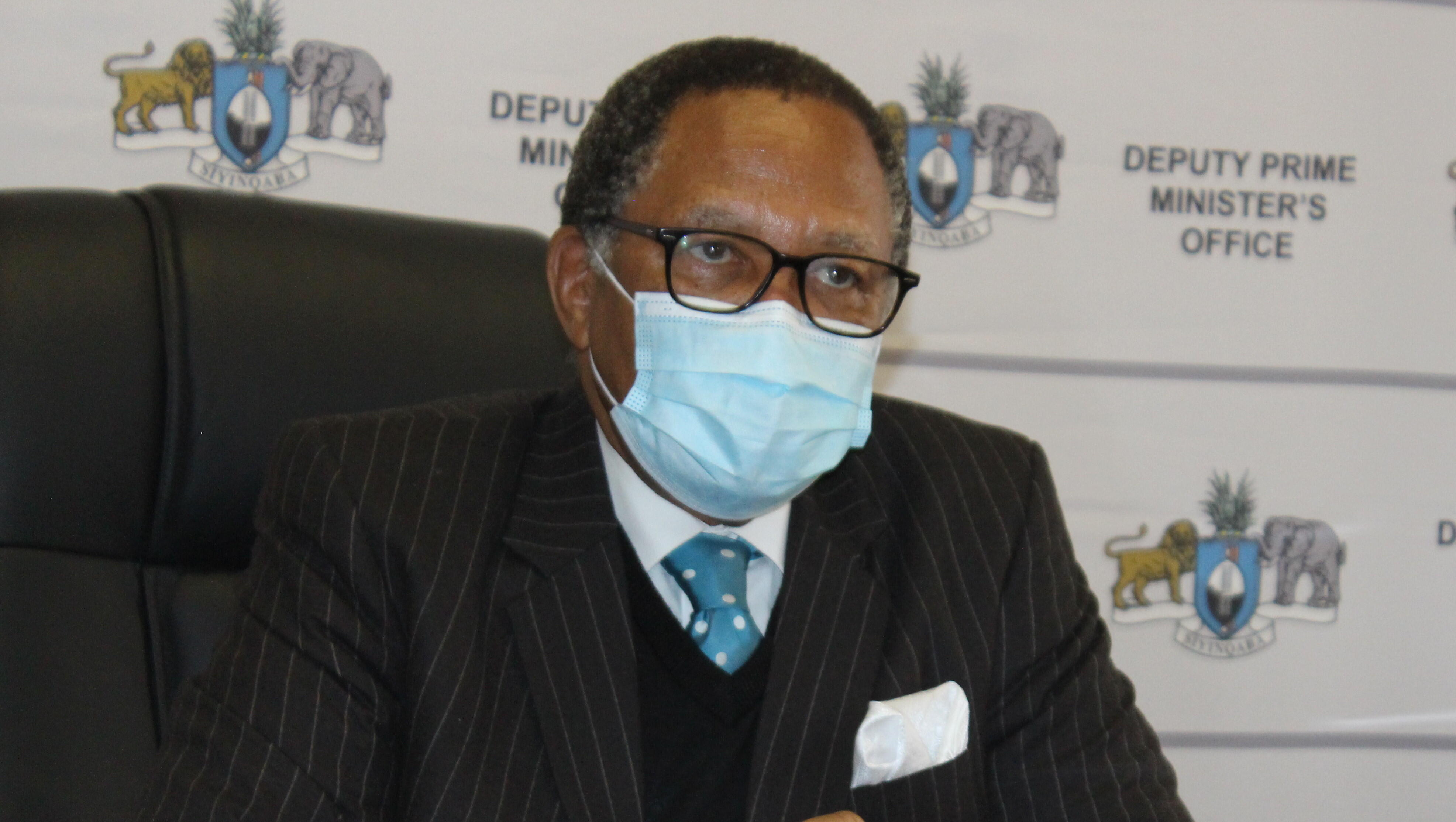“It’s a special day. Every young girl should take pride in being celebrated. On this day we should celebrate their achievements and also find ways to help them overcome each and every challenge they encounter,” said Lindelwa Mlotsa (22) when asked on the significance of the day of the girl child.
Lindelwa is a youth mentor from Mhlane community in Matsapha; the economic hub of Eswatini. In her community, she mentors about 100 adolescent girls aged between 10 and 19, on understanding sexual reproductive health and rights. She also shared her experience working with young girls.
“Our discussions mostly promote health seeking behaviour. We address the needs they have; from lack of information to communicating with parents, so that they grow up to be empowered girls,” explained the mentor.
As Eswatini commemorated the International Day of the Girl Child on the 12th October 2020 under the theme My Voice, Our Equal Future, His Excellency the Deputy Prime Minister (DPM) Senator Themba Masuku urged society to prioritise protection of girls so that they too, can grow to reach their full potential. He also reiterated on the need to take action on the high teenage pregnancy in the country.
“Most of the time teenagers are blamed for their pregnancy and nothing is said about the men who cause the havoc,” stated Masuku.
The Senator also emphasised that communities should ensure that the rights of girls are not violated.
“Every child, particularly girls, must be free of gender based violence and enjoy every right that will propel her into a better, independent and responsible person.”
This call by the DPM is in line with UNFPA’s message shared by Executive Director Dr Natalia Kanem which puts emphasis on listening and elevating the girl’s voice against challenges pulling them further behind. She further pointed out child marriage, female genital mutilation and son preference as the major harmful practices silencing girls in the public sphere.
“Girls’ voices tend to get muffled. Not only do these violate a girl’s bodily integrity and autonomy, they also steal her confidence, agency and ability to make informed decisions about her life.”
Echoing the ED’s message, Margaret Thwala-Tembe noted that swift response in fighting all harmful practices against girls are key to reducing their negative impact on the lives of young girls.
“Harmful practices, such as sexual violence and child marriage, must be eradicated as they prohibit young girls from reaching their full potential.”
Zanele Thabede-Vilakati, the Chairperson of the Gender Consortium under the auspices of the Coordinating Assembly of Non-Government Organisations (CANGO), took this as an opportunity to motivate girls.
“Girls should grow up to be women with vision. Nothing can limit them, whatever they can perceive in their minds is possible.”
This year’s commemoration happened at a time of COVID-19, a pandemic that has added to the burden of girls in every society. Anecdotal evidence seems to suggest that adolescent pregnancy is on the increase due to lockdown restrictions imposed by COVID-19. There is “need to do better to ensure that girls are not left behind,” as emphasised in the Executive Director’s message.


